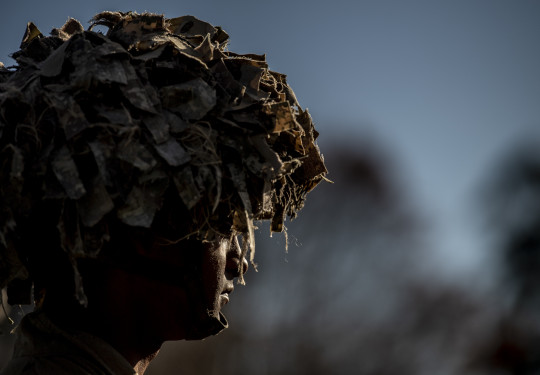Science and psychology help NZ Army officer cadets tackle their Exercise Nemesis
New Zealand Army Exercise Nemesis is known for putting officer cadets under intense pressure by throwing them in the deep end, but now sports science and psychological tools ensure the deep end isn’t a deep, dark hole.
15 May, 2024
The exercise is one of the hardest training hurdles cadets face during the New Zealand Commissioning Course and is designed to develop mental and physical resilience.
It takes cadets out of their comfort zone into what’s known as their “stretch zone”.
In the latest running of Exercise Nemesis, 49 cadets from both New Zealand and overseas militaries were put under pressure in the field, tackling a number of what are called battle handling exercises over five days on very little sleep and food, and each person covering around 126km on foot.
Exercise planner, Captain Joe Helu-Makasini, says it is designed to put cadets under extreme and prolonged pressure to expose their true character and personality.
“This gives us a clear idea of how the officer will perform in battle. We must be sure that the officer in charge can get the job done, is able to make sound tactical decisions under pressure, can look after their troops and is not going to crack.”
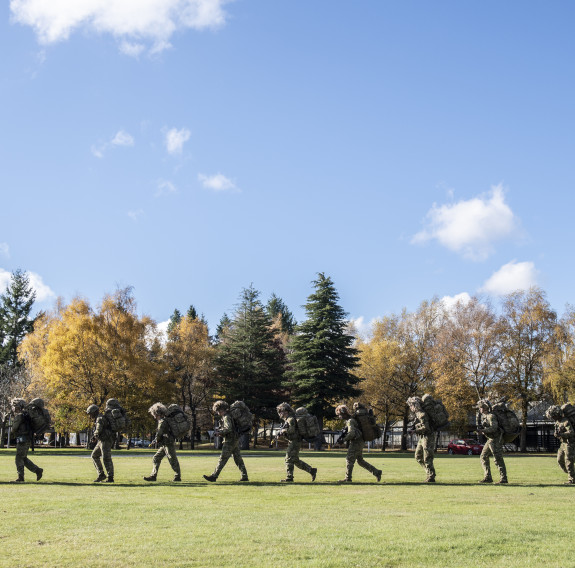
Potential officers are stretched to their physical and mental limits during Exercise Nemesis, held over five days at Waiouru
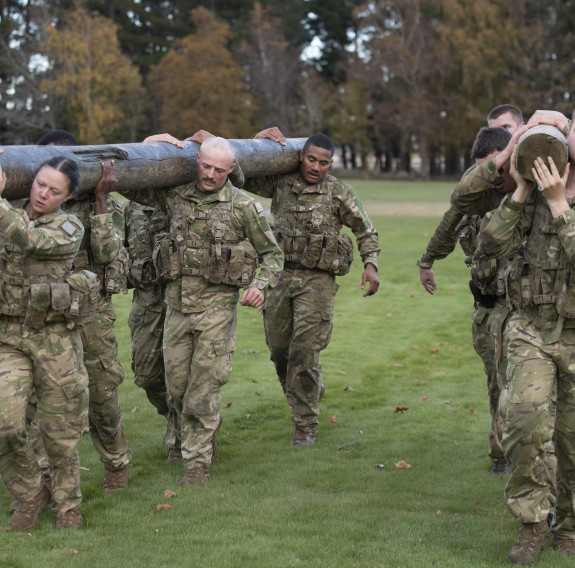
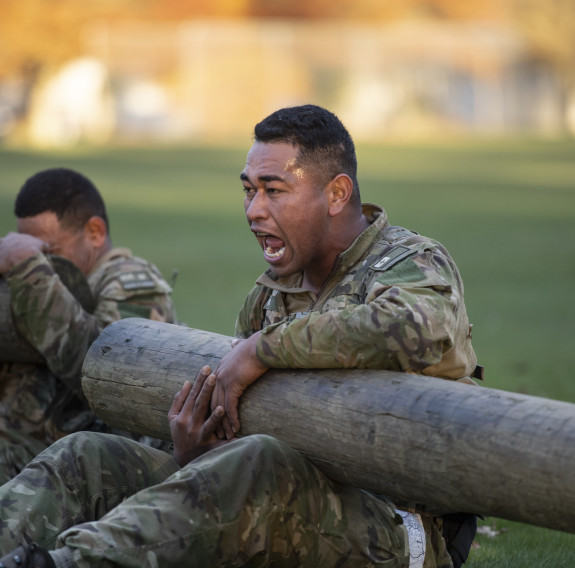
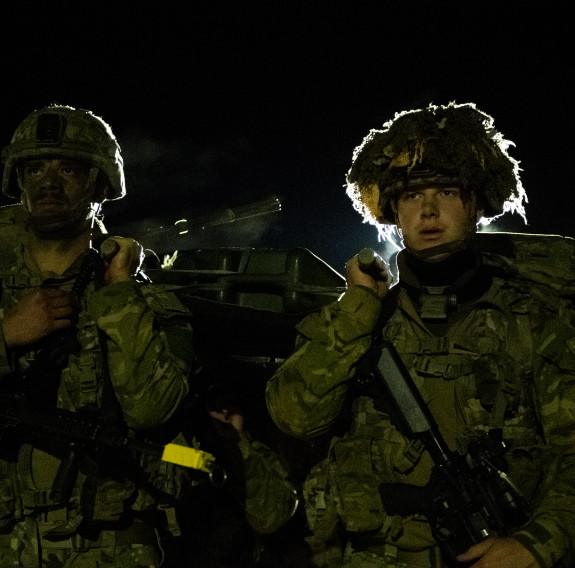
Over the past four years there has been a subtle shift in the exercise, Captain Helu-Makasini said.
In the past cadets were thrown into the deep end and expected to adapt.
They were now treated like “tactical elite athletes” and equipped with the tools needed to thrive and survive in combat.
While the exercise remained as demanding as ever, cadets were now being given more tools to cope with the mental, psychological, physiological and cognitive challenges.
Tools include the Prepare, Perform, Recover framework, talking to a psychologist about stress and conflict, and hearing from SAS soldiers about coping strategies.
“After that, it’s up to them,” Captain Helu-Makasini said.
Officer Cadet Lewis Dellabarca said one of the most valuable things he learned was how to “chunk” goals – breaking up seemingly large and daunting objectives so they were small and achievable.
“I remember thinking – get up this hill – get to that tree.”
Overseas cadets face the additional challenge of freezing weather and for some, their first frost. However, one Papua New Guinea cadet was “pleasantly surprised” there were no crocodiles or snakes in a swamp challenge.
As well as monitoring physical and mental performance, physiological performance is also tracked.
Officer in Charge of the Human Performance Cell, Major Jacques Rousseau, says the body and mind are linked and stress on one can lead to stress on the other.
“When we are stressed our body doesn’t perform as well, we may be a bit clumsy or foggy in our thinking, and we aren’t as strong as we usually are.”
Cadets are tested before, during and after Exercise Nemesis and there is usually a pattern of deterioration over the first few days with low blood sugar levels, weight loss and decreased cognitive ability.
“Interestingly, the body starts to adapt around day four or five and performance can increase slightly,” Major Rousseau said.
The NZ Army also uses sports science as another tool to assess officer cadets.
A body composition machine assesses muscle mass, fat mass, hydration, and cellular integrity while cadets are also tested for strength and cognitive abilities.
“These provide insights to the physiological adaptations taking place,” Major Rousseau said.
Those who successfully complete the Officer Cadet Commissioning Course will graduate in December this year.
